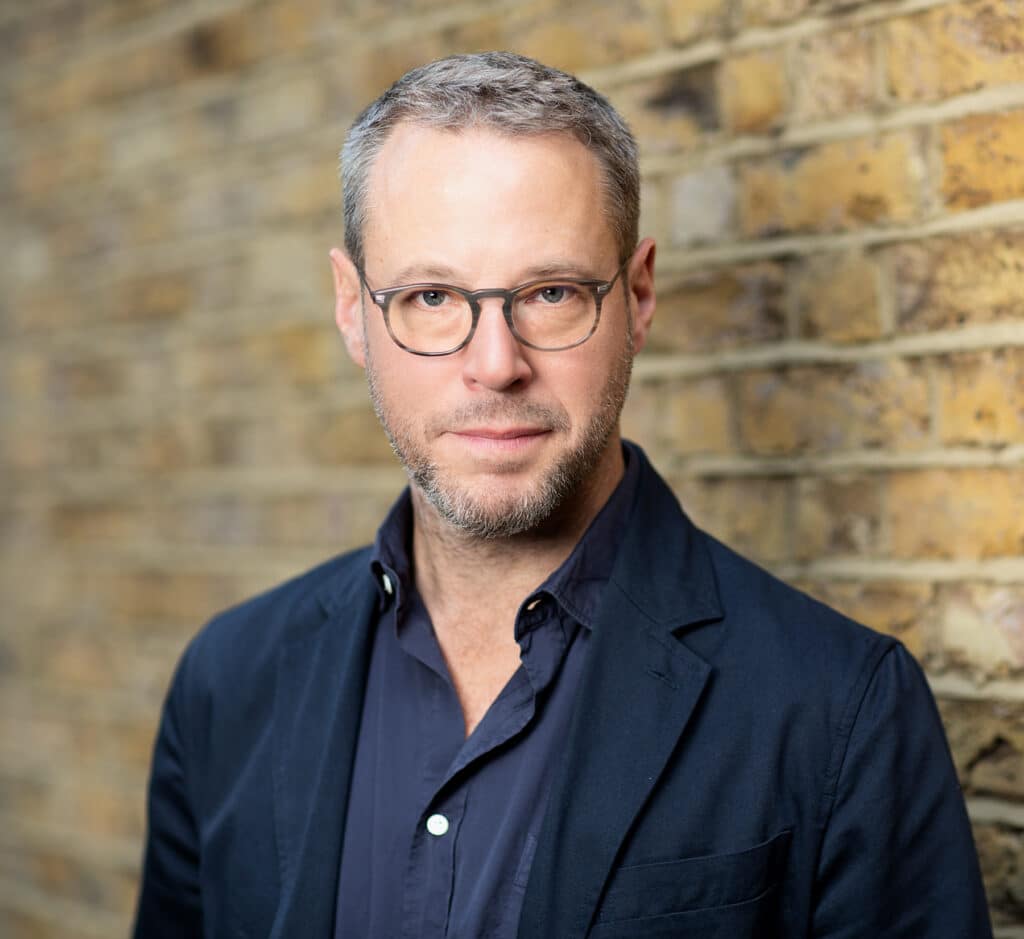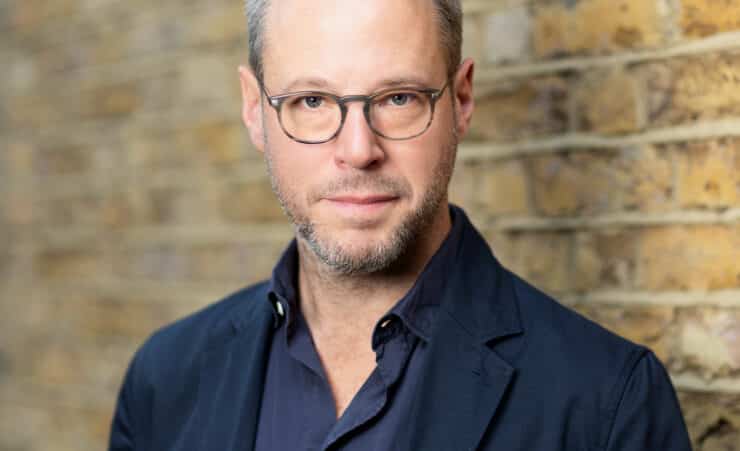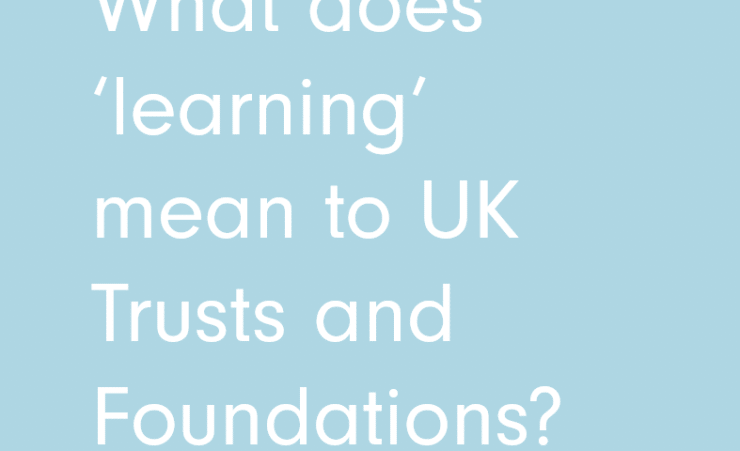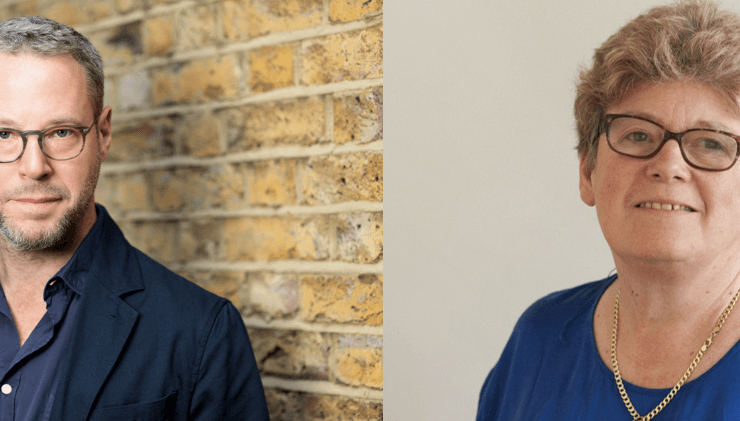
Four lessons for funders from a complex and uncertain year
1. Think and act strategically
The coronavirus emergency created the imperative – and the freedom – for funders to be responsive, flexible, and agile. But it has also shortened our horizons. And many of us are now looking at how we can retain the creativity of the emergency, in the urgently needed shift back to longer-term planning cycles.
VCSE organisations and funders alike face hard decisions about strategy and priorities. Extreme uncertainty is now a fact of life, and the challenges facing all social purpose organisations as the longer-term implications of Covid-19 take hold are immense. And yet, over the last twelve months, we have seen that you can achieve a lot when things are difficult and changeable: if you move beyond simply having a strategy, to thinking and acting strategically.
This starts with being clear about your purpose, focus, and underlying values. The essential – and often neglected – next step is making sure that all of your systems and practices are aligned with these commitments, not working against them. Finally, it calls for a willingness throughout the organisation to live with complexity and uncertainty, and act anyway – to let go of the fallacy of certainty and give up the fruitless search for measures and metrics that prove impact, committing instead to an agile and iterative way of learning, that supports informed judgments about making a better contribution.
You can read more about how the idea of alignment can help to navigate uncertainty here.
2. Recognise how much ‘how you do it’ matters
Without your support, good organisations doing work that you care about will be lost. This is what risk looks like now – not about knowing every detail about an organisation or exactly how every penny of your funds is being spent. There is a pressing need to bring day-to-day grant assessment and grant management practices in line with the new realities. And to ensure that they respect and build on the strengths of VCSE organisations that have been so evident over the last year.
This emergency has shown us that lighter, more flexible, more trusting processes are possible. The powerful message from VCSE organisations is that it is time to make these changes widespread and permanent. And that doing so will enable better work – during an emergency and beyond. A growing movement of funders is responding to this call to action, determined to move beyond words – ‘trust’, ‘speed’, ‘light touch’ – and translate them into visible, tangible, durable changes to behaviour and practice. To find out more and be part of this effort, visit www.ivar.org.uk/flexible-funders.
3. Support the voices of VCSE organisations
It is easy to feel overwhelmed by the social, economic, and environmental impact of Covid-19, and the deep structural and material inequalities it has exposed. But VCSE organisations are well-placed and eager to be part of the collective effort to tackle them. Close to the ground and to the individuals and communities that are at the sharp end of economic recession and accelerating social change, their voices – and the voices of the people they serve – must be part of the debate about what happens next. You can support their participation – by reserving some funds to support advocacy and campaigning work; creating spaces for hard pressed front-line organisations to get their heads above water and share what they know; and using your leverage and brokerage to provide a platform from which the sector’s contribution and voice can be amplified and championed.
4. Make your thinking visible
Closer to home, you can open your policy and practice to the influence of others, by making your thinking more visible, and by seeking out and hearing diverse and dissenting voices, ready to say when practices are falling behind the curve of front-line experience. Making our own messy, imperfect thinking visible is what humility looks like in practice. It invites in people with alternative views on the world and with different interpretations of what’s happening, so that we can make meaning together about what we’re seeing and what it suggests we should do next. The more you can make your own thinking visible and invite others to do the same, the better we will all move towards transformational learning that helps us to understand what’s needed. And make our best contribution to delivering it.


